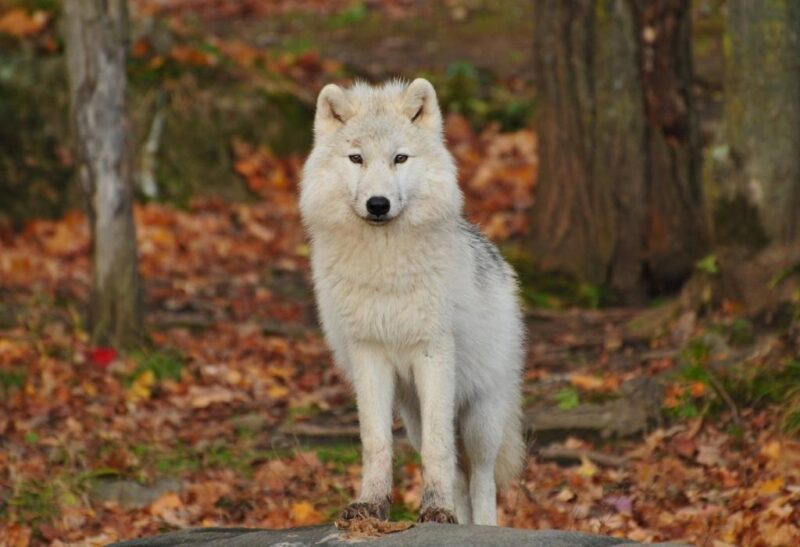Wolves are at the top of the predator hierarchy, so they only have a few predators. In reality, hunters are the biggest threat to them.
Wolf hunting is practiced in Alaska, Idaho, Montana, and Wyoming. Are you curious about what hunters do with the wolf’s dead body?
Can you eat wolf? It may sound bizarre, but you can eat wolf. Adventurous individuals do it to survive winter, as wolf meat is a supple protein source. However, you have to think about the safety of eating its meat. The answer to this concern lies in the wolf’s diet.
Wolves consume any kind of meat and even carcasses that have been on the ground for several days. A hunter can get unlucky and catch a wolf that has just eaten rotten meat.
When you have a bite of this wolf’s meat, it can be hazardous. You can be cautious by preparing the meat properly. To learn more about consuming wolf meat, read the rest of the article.
Table of Contents
What Does Wolf Meat Taste Like?
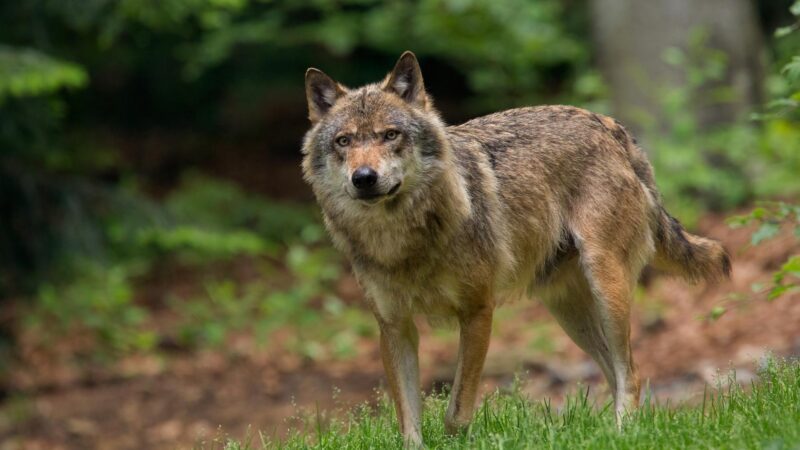
Surprisingly, wolf meat doesn’t taste bad despite its habit of consuming various kinds of meat. Wolf meat can be tasty, but it depends on the time of the year. Believe it or not, it tastes like chicken. Wolves that live in a place with cooler climates have better and tenderer meat.
Some people said that wolf meat tastes like pork. It may be due to the cooking method. The manner of storing the meat also affects its taste. That’s why you can hear from someone that wolf meat is bitter and strange.
This undesirable taste can be attributed to a poor diet or to an aged wolf that is almost at the end of its life cycle.
Since wolf meat is not the usual meal on the table, some people won’t like it at the first bite. Hence, getting to like it is through acquired taste.
Who Can Eat Wolves?
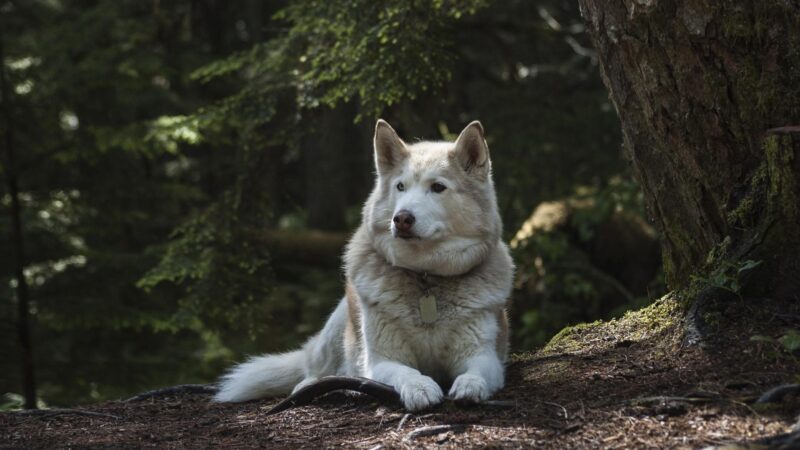
Everyone can eat wolves, even people who abide by their religious beliefs. For instance, Muslims can still eat wolves as carnivorous animals are not one of the Halal foods, which means prohibited foods. Based on their scripture, only pork, blood, and carrion are not allowed to be consumed.
Is It Safe to Eat Wolf?
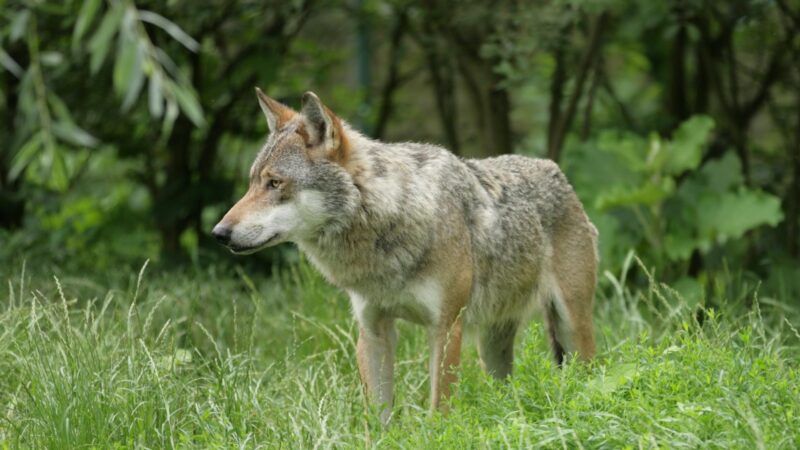
The practice of eating wildlife is as old as the human race. It’s still conspicuous among native people all over the world. Humans continue to hunt from small shellfish to large animals like bears. They’ve learned how to identify the ones that are safe for consumption.
Generally, it’s safe for a man to eat all meat from wildlife, including wolves as long as it’s correctly harvested and prepared. Inexperienced individuals may be exposed to resurgence and emergence of diseases as they can have wrong judgments during the meat preparation.
But you can follow guidelines and advice from health specialists. If you’re still in doubt, it’s best to let go of the meat and dispose of it responsibly. Unlike domesticated or farmed animals, wildlife like wolf meat doesn’t go through government regulations.
Still, all kinds of meat can pose risks as disease-causing bacteria found in meat, such as salmonellosis, Escherichia coli, and others, are invisible to the naked eye.
Why Don’t More People Eat Wolf Meat?
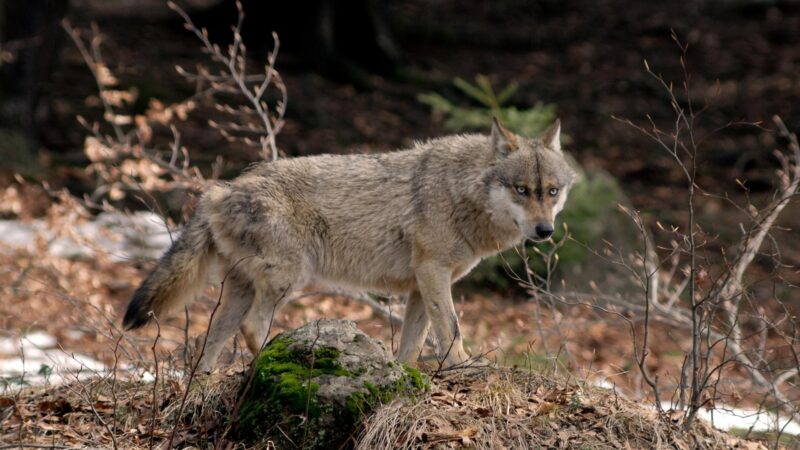
Most people don’t eat wolf meat as one can like it through acquired taste. Availability is another reason. You can hunt for wolves, so you can obtain the meat.
It would be hard to find it in the market and even in the meat shops in Alaska. If you find it, you’ll be overwhelmed by its high price. Of course, not everyone can afford and get the chance to taste wolf meat.
Can You Buy Wolf Meat?
There are a few shops that sell wolf meat in Alaska, and you can buy from one of them. Just make sure you prepare some money as it can cost a lot.
Does Wolf Meat Hold Any Nutritional Value?
The nutritional values of wolf meat depend on the manner of preparation. But you have to know that you won’t get any if you eat it raw.
Letting it grilled over a campfire can let you gain its nutrition. A wolf’s body can provide a good amount of meat with a strong aroma since it’s a carnivore.
Moreover, wolf meat can be tough with just a bit of fat. You can get 30 g of protein for every 119 g filet of wolf meat. For more health benefits, there is only 70.2 mg of cholesterol and 0.6 g of saturated fat.
This meat favors those who are on diet to lose weight because it doesn’t have carbohydrates.
How Do You Prepare and Cook Wolf Meat?
To make a delicious dish out of wolf meat, a marinade is key as it can get rid of the meat’s gaminess. You’ll need the following ingredients to create a great flavor:
- Black pepper
- Bay leaves
- Dark beer and strong red wine
- Juniper berries
- Rock salt
- Rosemary
Mix the ingredients to make brine. Let the wolf meat with its bones marinate for a week. Make sure that your combination of ingredients is enough for the amount of meat that you have. An extra marinade can be made as a sauce later on.
If a week is too long for you, you can make a whiskey brine to shorten the necessary time for the marinade into 24 hours. After you’re done marinating, you can cook the wolf meat.
Before doing so, debone and slice the way you want it. You can pan-fry or grill the meat. In serving the dish, you can add some vegetables on the side. It’s best to eat wolf meat with a glass of strong red wine.
Frequently Asked Questions
Is It Illegal to Kill a Wolf?
It depends on your local regulation whether it’s illegal to kill a wolf or not. Some states continue the pursuit of old-age war with wolves. In 2017, Wyoming removed wolves from the list of the Endangered Species Act.
Hence, people can kill wolves by running snowmobiles over them. Nursing mothers and pups in their dens are not exempted from this.
In 2021, Idaho aims to take down 90% of the wolf population in their area. There are even $2,000 bounties for wolf trappers and hunters. Montana followed this implementation with a de facto bounty system.
In Alaska, there was a ban on killing bears and wolves under the Obama administration. But it was reversed by Trump in 2020, and it remained unchanged up to the present.
What to Do if You See a Wolf?
A wolf attacking a man is a rare case. You have to know that wolves are eager to learn through visuals, so they may stop and look at you. Still, they’re afraid of humans and may run away. When you see a wolf getting near you, you don’t need to panic.
Move slowly and calmly as you leave the area where the wolf is. If ever the wolf gets near you, stand tall and create noises to make them leave.
Can a Wolf Be Loyal to a Human?
Even though dogs are the domesticated version of wolves, the latter are not as loving and loyal to humans as the former. If ever there’s a chance that humans domesticate and tame a wolf at the same time, its behavior can be unpredictable as it still keeps its wild instincts.
There’s even news about a three-year-old boy who lost an arm after being mauled by a wolf hybrid that his family is breeding.
Related: Can You Tame a Wolf? | The Ultimate Guide
What Do Wolves Eat?
As carnivores, wolves eat meat, bones, and organs. They can also munch on antlers, hooves, fur, and feathers of their prey, such as reindeer, bison, elk, moose, and musk oxen.
Wolves also practice feast-and-famine, which means gorging on meat that is 20% of their weight in a single meal.
So, it will be fine if they don’t eat for a few days. In addition, wolves can’t digest grains or other foods rich in carbohydrates. They also eat carrion and garbage.
How Do Wolves Hunt For Their Food?
A wolf can hunt for food alone or with a pack. Wolves have a good sense of smell to track down prey. Their main target is the old, weak, and young ones. When they have taken down their prey, they attack the shoulders, flank, and rump.
Summary
It’s safe to eat any wildlife meat like wolf meat as long as you prepare it properly. If you’re sure about what you’re doing, it’s best to not indulge in it. You can try wolf meat if you feel adventurous since a person will come to like it through acquired taste. It will be a unique experience to try wolf meat but don’t forget that it can be costly.
List of Sources
Dewey, T., Smith, J. (2002). Canis lupus. Animal Diversity Web.
Laudon, K., et al. (2012). LIVING WITH WOLVES: a guide to living and recreating in wolf country. University of Nebraska – Lincoln.
Williams, T. (2022). America’s New War on Wolves and Why It Must Be Stopped. Yale School of the Environment.
Wolf Hunting in Alaska. Alaska Department of Fish and Game.
